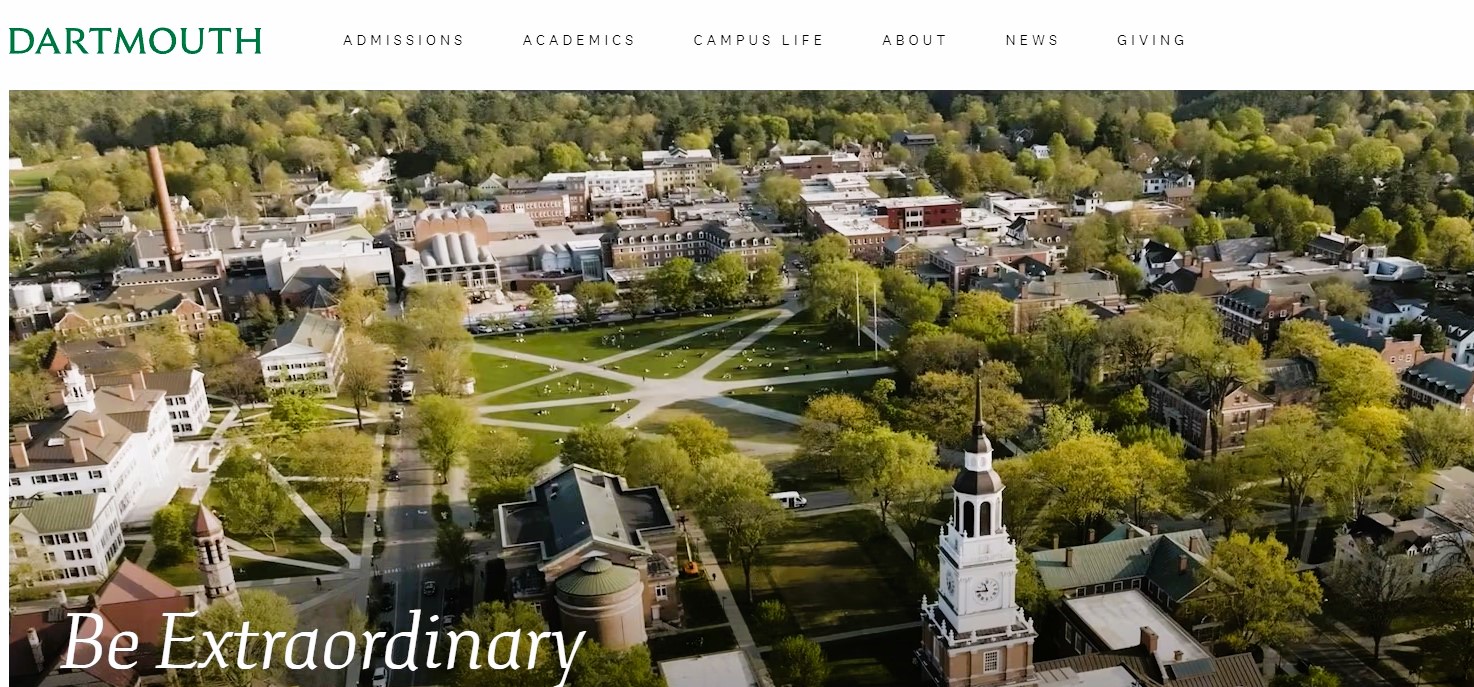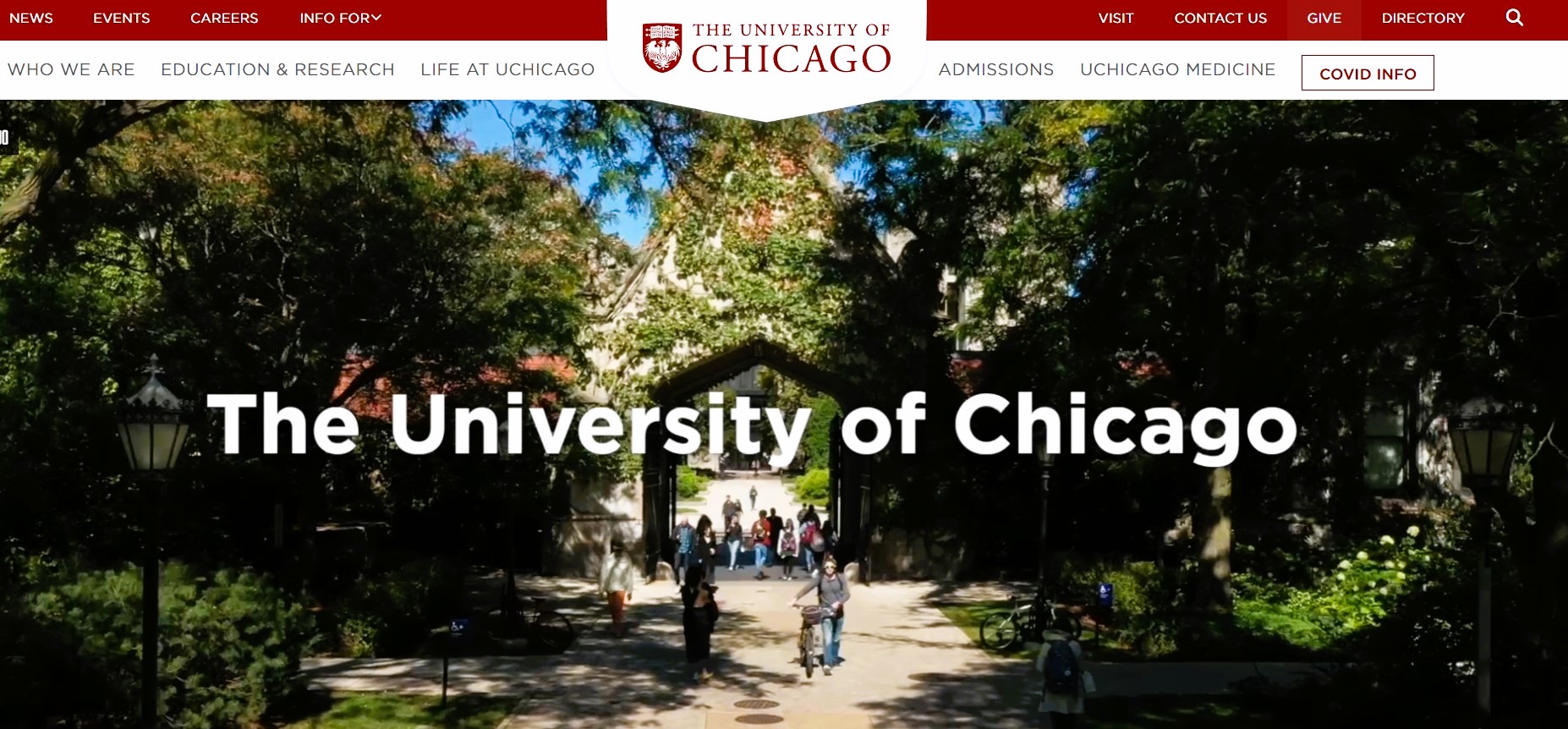Are you interested in discovering the best MBA for investment banking in the United States?
If yes, then you are in the right place.
I have taken the time to gather a comprehensive list of target schools that you can pick from to suit your desire.
So, sit back, relax, and pick the one that aligns with your interests and goals. Have a great read!
Key Takeaways Best MBA for Investment Banking
Here is a quick summary of the key points in this guide:
- Investment banking targets schools and universities where financial institutions actively recruit students for internships and full-time positions in finance.
- You can study investment banking in colleges like Harvard University, Columbia University, Dartmouth College, and some others you will discover in this guide. Read on!
What Are “Investment Banking Target Schools”?

“Investment banking target schools” refer to academic institutions that are particularly sought after by investment banks when recruiting new talent.
These schools are known for producing graduates with strong analytical and quantitative skills, as well as a solid understanding of finance and business.
Investment banks often focus their recruiting efforts on these schools due to the high caliber of students and the rigorous academic programs they offer.
Attending a target school can enhance your chances of securing interviews and internships in the competitive field of investment banking.
Investment Banking Undergrad Target Schools in the United States
| Category | School | Features |
| Ivy League Schools | Harvard University | – Prestigious reputation and rigorous academic programs |
| – Harvard College Investment Banking and Consulting Club facilitates connections with industry professionals | ||
| – Strong emphasis on economics, business, and quantitative skills | ||
| – Successful track record of graduates in securing positions in top investment banks | ||
| University of Pennsylvania (Wharton) | – Distinguished position as a powerhouse for finance education | |
| – Wharton Finance Club and Wharton Investment and Trading Group for industry engagement | ||
| – Robust alumni network in finance, enhancing networking opportunities | ||
| Columbia University | – Academic excellence in finance and economics | |
| – Proximity to Wall Street offers direct exposure to financial industry | ||
| – Columbia Finance and Economics Society and Private Equity & Venture Capital Club facilitate networking | ||
| Liberal Arts Colleges | Dartmouth College | – Holistic education combining analytical skills and critical thinking |
| – Dartmouth Investment and Philanthropy Program for practical finance experience | ||
| Williams College | – Emphasis on critical thinking and analytical skills | |
| – Williams Finance Club for networking and exploration of finance careers | ||
| – Career Center workshops focused on finance careers | ||
| Amherst College | – Amherst Finance Association for exploring finance interests and connecting with professionals | |
| – Career Center resources specific to finance career paths | ||
| Other Schools | New York University (NYU Stern) | – Strategic location in New York City for access to financial institutions |
| – Stern Finance Society and Stern Investment Management & Research for practical experience in finance | ||
| Massachusetts Institute of Technology | – Strength in quantitative disciplines | |
| (MIT Sloan School of Management) | – MIT Sloan Finance Club and Finance Research Practicum for exposure to finance concepts and applications | |
| University of Chicago (Booth) | – Rigorous finance curriculum | |
| – Finance Club at Booth and Polsky Center for Entrepreneurship and Innovation for industry connections and career exploration |
Investment Banking Undergrad Target Schools in the United States
Need help picking the best undergrad target schools in the US? Well, here is a narrowed-down list to ease your search. Check them out in their categories:
1. Ivy League Schools

Best MBA for Investment Banking- Harvard University
Here are some Ivy League universities to consider:
1.1 Harvard University
Harvard stands out as a prime target for investment banking recruiting due to its prestigious reputation and rigorous academic programs.
The Harvard College Investment Banking and Consulting Club serves as a key platform, and it fosters connections between students and industry professionals.
The university places a strong emphasis on economics, business, and quantitative skills so you can meet the demands of investment banking roles.
Graduates from Harvard have historically been successful in securing positions in top investment banks, making it a preferred choice for recruiters.
1.2 University of Pennsylvania (Wharton)
The University of Pennsylvania’s Wharton School holds a distinguished position as a powerhouse for finance education, making it a prime target for investment banking recruiters.
The Wharton Finance Club and Wharton Investment and Trading Group provide platforms for students to engage with industry professionals and stay abreast of market trends.
The university has a robust alumni network, particularly in finance, which contributes significantly to networking opportunities for you as an aspiring investment banker.
1.3 Columbia University
Columbia’s reputation for academic excellence, particularly in finance and economics, positions it as a sought-after institution for investment banking aspirants.
The Columbia Business School offers a robust curriculum with a focus on real-world application that will prepare you for the demands of the finance industry.
Situated in New York City, Columbia provides unparalleled proximity to Wall Street, offering students direct exposure to the heart of the financial world.
The Columbia Finance and Economics Society and the Private Equity & Venture Capital Club foster a network connecting students with industry professionals, enhancing their chances in investment banking recruitment.
2. Liberal Arts Colleges

Best MBA for Investment Banking- Dartmouth
Here are some liberal arts colleges to consider:
2.1 Dartmouth College
Dartmouth’s liberal arts foundation emphasizes a holistic education, combining analytical skills with critical thinking, cultivating students who excel in the diverse demands of investment banking.
The college uses a broad-based curriculum to ensure that you graduate with a well-rounded skill set.
The Dartmouth Investment and Philanthropy Program (DIPP) offers students practical experience in finance, bridging the gap between academia and real-world application.
The Dartmouth Investment and Philanthropy Program (DIPP) initiatives, such as managing an investment portfolio, provide hands-on opportunities for students to apply financial concepts.
2.2 Williams College
Williams College’s liberal arts education emphasizes critical thinking and analytical skills, providing a strong foundation for students pursuing careers in finance and investment banking.
The college is committed to intellectual exploration and ensures that graduates are well-equipped for the quantitative demands of the industry.
The Williams Finance Club serves as a hub for students interested in finance, offering a platform for networking, knowledge-sharing, and exploration of various finance-related career paths.
Club activities, including speaker sessions and workshops, contribute to students’ understanding of the finance industry.
Williams College Career Center hosts workshops focused on finance careers, assisting students in refining their resumes, preparing for interviews, and navigating the recruitment process.
These workshops provide practical insights and strategies for students aiming to secure internships and jobs in investment banking.
2.3 Amherst College
The Amherst Finance Association provides students with opportunities to explore finance-related interests, connect with peers sharing similar career aspirations, and engage with industry professionals.
Association-sponsored events, such as guest speaker sessions and workshops, enhance your understanding of the finance sector.
Amherst’s Career Center plays a pivotal role in assisting students with career exploration, offering resources specific to finance career paths, including investment banking.
The center facilitates networking events, career fairs, and alumni connections, aiding students in securing internships and job opportunities.
3. Other Schools

Best MBA for Investment Banking- The University of Chicago
Other great schools include:
3.1 New York University (NYU Stern)
The strategic location of the university in the financial hub of New York City offers you unparalleled access to Wall Street and prominent financial institutions.
The Stern Finance Society and Stern Investment Management & Research (SIMR) provide platforms for students to engage with finance professionals and gain practical experience.
3.2 Massachusetts Institute of Technology (MIT)
Renowned for its strength in quantitative disciplines, MIT’s Sloan School of Management prepares students with analytical rigor that is highly valued in investment banking.
The MIT Sloan Finance Club and Finance Research Practicum contribute to the exposure of students to finance concepts and real-world applications.
3.3 University of Chicago (Booth)
Booth’s finance curriculum, known for its rigor and relevance, equips students with the skills required for success in investment banking.
The Finance Club at Booth and the Polsky Center for Entrepreneurship and Innovation provide avenues for students to connect with industry professionals and explore finance careers.
Investment Banking MBA Target Schools in the United States (Top 20)
Here is a list of well-regarded Investment Banking MBA target schools in the United States:
- Wharton School – University of Pennsylvania
- Harvard Business School
- Chicago Booth School of Business
- Stanford Graduate School of Business
- Columbia Business School
- Kellogg School of Management – Northwestern University
- Tuck School of Business – Dartmouth College
- Sloan School of Management – MIT
- NYU Stern School of Business
- Haas School of Business – UC Berkeley
- Ross School of Business – University of Michigan
- Darden School of Business – University of Virginia
- Yale School of Management
- Anderson School of Management – UCLA
- Johnson Graduate School of Management – Cornell University
- Fuqua School of Business – Duke University
- Tepper School of Business – Carnegie Mellon University
- Foster School of Business – University of Washington
- Kenan-Flagler Business School – UNC Chapel Hill
- McCombs School of Business – University of Texas at Austin
Keep in mind that individual career goals, program strengths, and personal fit should also influence your choice of MBA program.
Frequently Asked Questions
1. Do you need an MBA for investment banking?
While having an MBA can enhance your prospects in investment banking, it is not strictly a do-or-die affair.
Many people enter investment banking straight out of undergraduate programs.
However, having an MBA can provide several advantages, such as:
1. Networking
MBA programs often offer extensive networking opportunities, connecting students with alumni and industry professionals.
2. Skill enhancement
An MBA can deepen your knowledge in finance and business, honing the skills necessary for success in investment banking.
3. Recruitment access
Some top investment banks target MBA programs for recruitment, making it easier for students to secure interviews and internships.
The bottom line is that it depends on your career goals, experience, and the specific requirements of the firms you are interested in.
Many successful investment bankers have both undergraduate and MBA degrees, but others have succeeded with diverse educational backgrounds.
Networking, internships, and relevant experience can be crucial factors in breaking into the field.
2. What type of MBA is best for investment banking?
For a career in investment banking, MBA programs with a strong finance focus are generally considered ideal.
Here are some key features to look for when choosing an MBA program for investment banking:
1. Top-ranked business schools
Programs at renowned business schools, such as Wharton, Harvard Business School, Columbia Business School, and Chicago Booth, are often preferred due to their strong finance curricula and excellent industry connections.
2. Finance specialization
You need to choose MBA programs that allow for a concentration or specialization in finance. This ensures that you receive in-depth training in financial concepts and models relevant to investment banking.
3. Proximity to financial hubs
Consider programs located near major financial centers like New York, London, or Hong Kong. Being close to these hubs can provide better networking opportunities and easier access to potential employers.
4. Networking opportunities
Look for programs with a robust alumni network in finance and investment banking. Networking is a crucial aspect of breaking into the industry.
3. What is the path of an MBA in investment banking?
The path of an MBA as an investment banker involves several key steps, including:
1. Pre-MBA preparation
You will build a strong foundation in finance and business fundamentals. Also, you will have to gain relevant work experience through internships or entry-level positions in finance.
2. MBA application and admission
You apply to MBA programs with a focus on finance or those known for strong connections to investment banking. Then, you proceed to gain admission to a reputable MBA program.
3. Networking
Begin networking early in your MBA program. Attend industry events, connect with alumni, and participate in on-campus recruiting activities. Networking is crucial for securing internships and job offers.
4. Internship
Ensure that you secure a summer internship in investment banking. This internship is an important step for you because you gain hands-on experience and make connections within the industry.
5. Build skills
Use your MBA program to deepen your financial and analytical skills. Take relevant courses and participate in case competitions or finance-related projects.
6. Recruitment process
Participate in the on-campus recruiting process during your second year of MBA. Attend information sessions, workshops, and networking events organized by investment banks.
7. Interviews
Prepare for investment banking interviews, which often include technical questions, case studies, and behavioral assessments. Leverage your internship experience and MBA knowledge during interviews.
8. Job offer
Receive and evaluate job offers. Negotiate terms if necessary. Once you accept an offer, prepare for your transition into the investment banking role.
9. Onboarding and training
Begin your career in investment banking, undergo onboarding, and participate in any training programs provided by your new employer.
10. Career progression
Investment banking roles often involve long hours, but they can be stepping stones to various career paths within finance. You can use investment banking experience to transition into private equity, corporate finance, or other areas in the finance industry.
My Exclusive Insights For You
As you have seen in this guide, there is an endless list of target schools for investment banking that you can choose from. I hope you have seen one that aligns with your goals.
If you ever need help on how to proceed with your career or have questions concerning investment banking in general, you can count on me to help out.
Kindly reach out to me in the comment box, and I will respond to your questions with expertise.
Have a good one!

